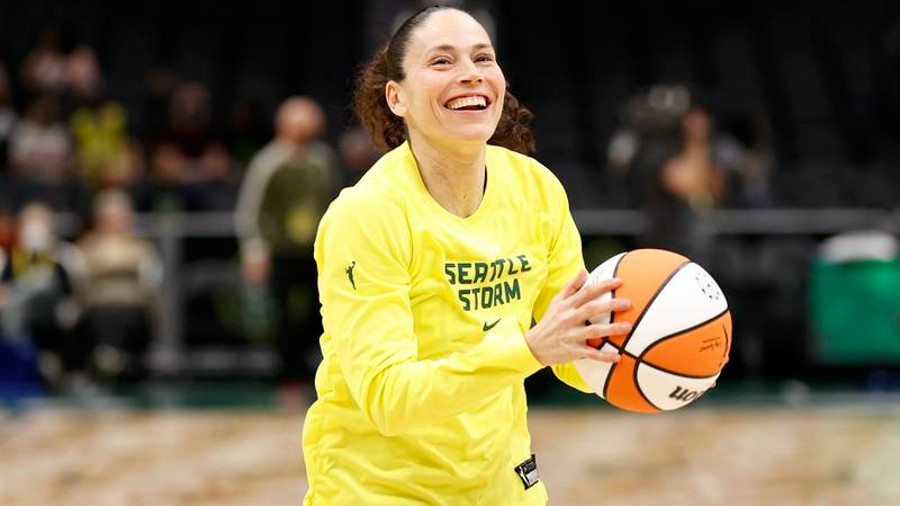SPD hiring bonuses debate sparks overhaul to how City of Seattle recruits talent
Apr 12, 2022, 2:30 PM

(Tiffany Von Arnim via flickr)
(Tiffany Von Arnim via flickr)
The city of Seattle has identified 14 different trades and professions with the city that consistently struggle to field qualified applicants.
That problem is most visible with the Seattle Police Department. The Seattle City Council is currently considering how to address public safety needs with a police department that last reported losing 10 officers in March bringing total separations this year to 43. That leaves deployable staff at just 888, whereas SPD claims that it needs between 1,400 and 1,500 deployable officers to be at full capacity, as the Seattle Police Officers guild told KTTH.
As Seattle continues to lose police, new report finds mixed results for hiring bonus program
But SPD hasn’t been the only department with recent staffing troubles. Trades ranging from carpentry to electrician inspections were deemed “critical to city business needs” and “challenging to fill,” according to a survey audit conducted by the Seattle Department of Human Resources (SDHR).
That has prompted the Seattle City Council to rethink how they approach the hiring process and attract professional candidates.
The crux of the problem is the city’s classification compensation program. Those specifications have not been updated since 1990, and that outdated classification model largely prevents equivalent experience to be factored in when a candidate does not possess the listed experience for a position. For example, if an accountant has been with the city for 20 years, it’s difficult for them to transfer into a senior accounting position if they do not have the requisite college credit requirements.
“We’ve had employees get kind of stuck in those types of positions and unfortunately they’re unable to advance their career, which really impacts departments to … be able to see those promotions,” Keith Gulley, director with SDHR, said Tuesday.
Essentially, the idea is to attract more candidates for entry-level skilled trades when transferable skills and lived experience can be substituted for traditional education requirements.
“If you stick around with maybe 20 or 30 classifications that are critical roles, and we’re not seeing the talent come through and the challenges of recruiting,” Gulley added.













